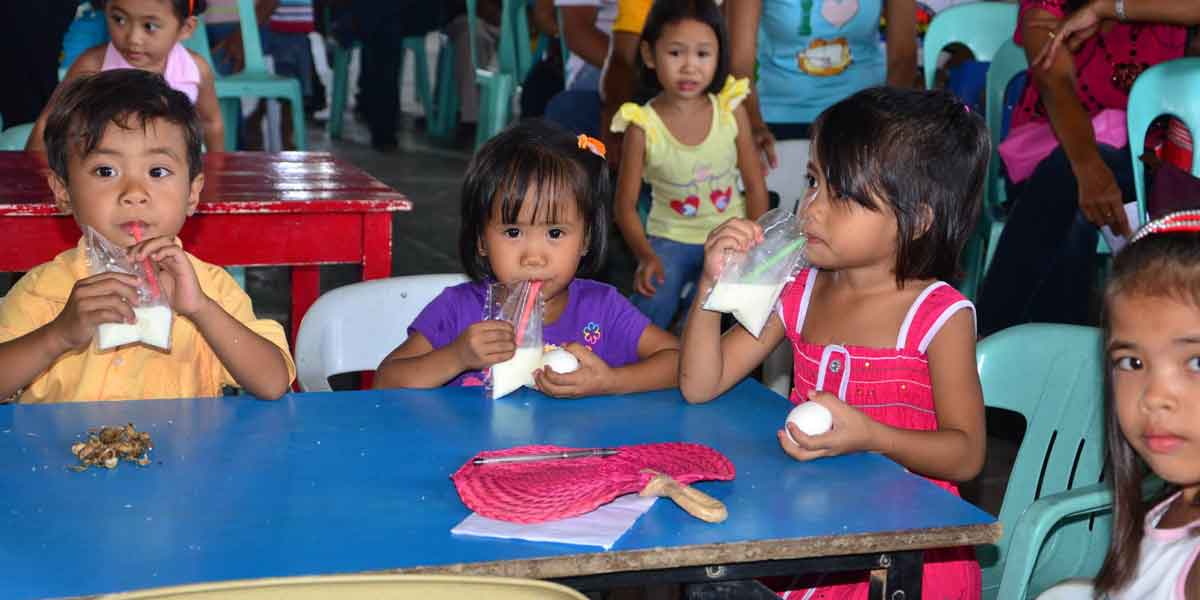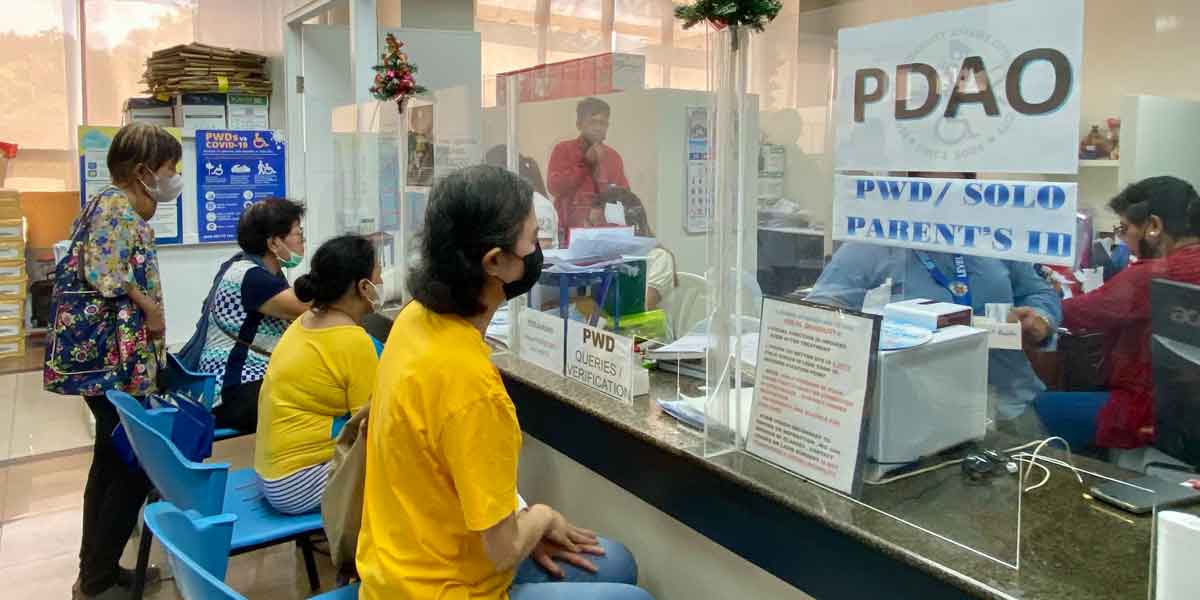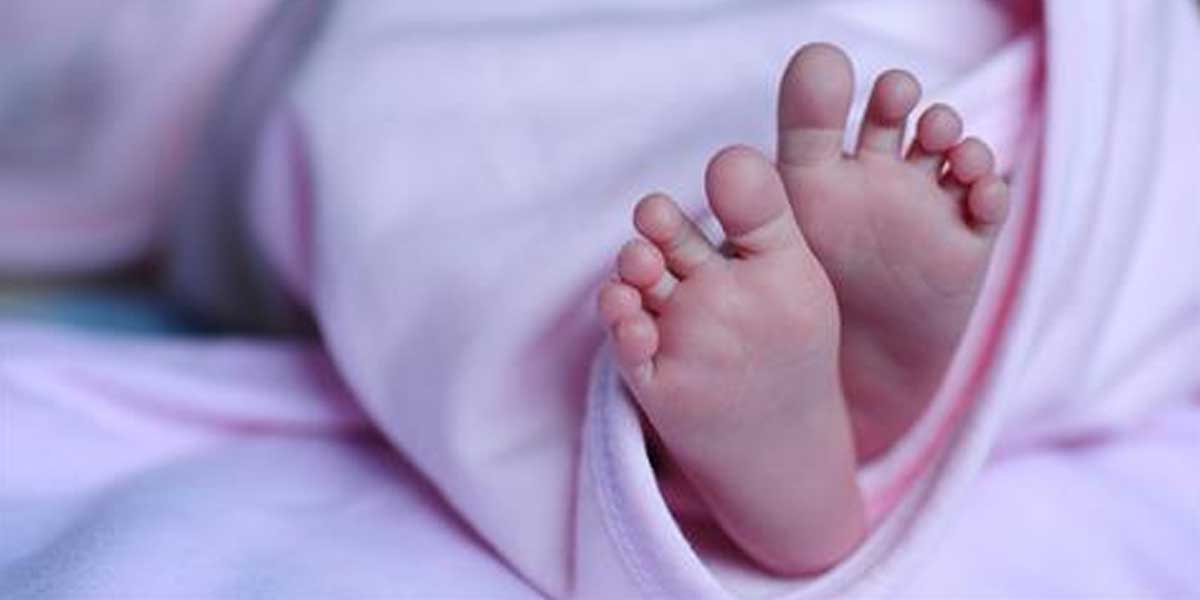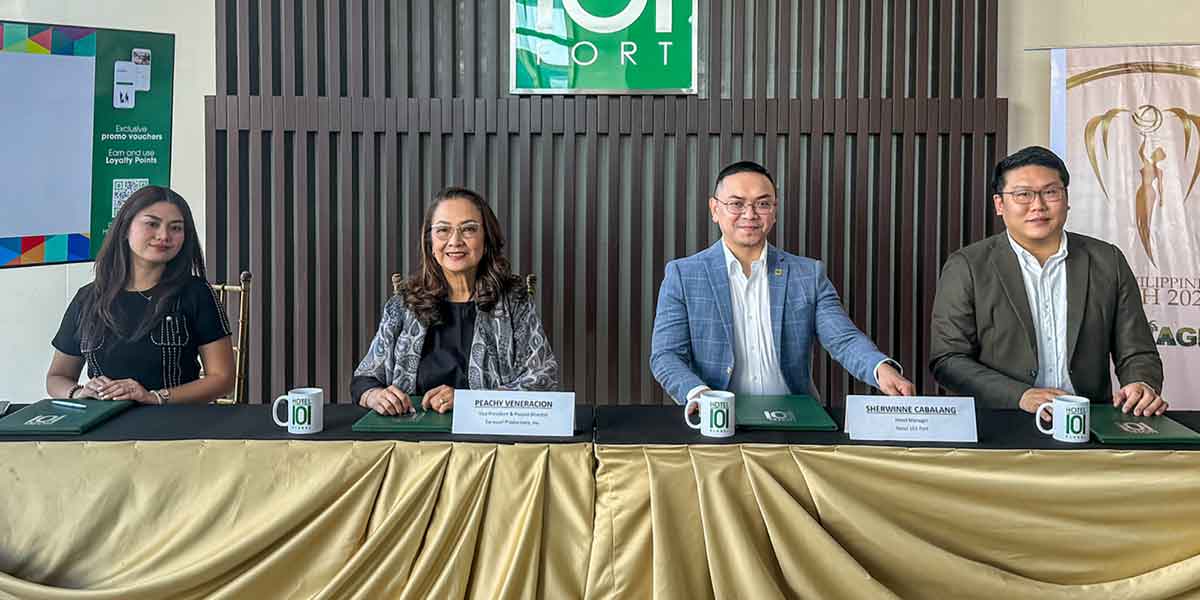
QUEZON CITY – Attention of Pinoy K-Pop fans: Not all cute K-Pop accessories are safe from toxic chemicals that can harm human health and pollute the environment.
Waste and pollution watchdog group EcoWaste Coalition made this statement after screening unofficial K-Pop merchandise that the group bought from retailers in Divisoria. Manila for P35 to P240 each and subsequently analyzed for heavy metals using an X-Ray Fluorescence (XRF) device.
“Some plastic accessories inspired by popular South Korean K-Pop bands and artists contain lead and other toxic metals,” said Thony Dizon, Chemical Safety Campaigner, EcoWaste Coalition.
As per XRF screening performed by the group on 11 K-Pop merchandise, six items, mostly polyvinyl chloride (PVC) plastic key chains and luggage tags, were found to contain lead in the range of 414 to 5,831 parts per million. The highest lead content was detected on a “Cooky” luggage tag.
Traces of arsenic and cadmium were also found on some of the items that screened positive for lead, the EcoWaste Coalition noted.
On the other hand, a black “BTS” rubber wrist baller, a necklace with “Chimmy” pendant, a white “RJ” luggage tag, a “Tata” hair clip, and a water container with a “Chimmy” character tested negative for toxic metals, the group said.
None of the 11 K-Pop accessories had product labeling information, including cautionary warning about their chemical ingredients, the group added.
“We make this information public not to spoil the pleasure of Pinoy K-Pop fans, but to encourage them to be inquisitive when buying items featuring their idols,” Dizon emphasized.
“Consumers have the right to be protected against products that may pose hazards to health or life,” he added.
“In fact, this right is recognized by the Consumer Act of the Philippines, which directs the government to implement measures that will protect consumers against hazards to health and safety,” he said.
PVC plastic products such as school supplies, toys and K-Pop accessories may contain harmful chemical additives such as lead and other heavy metals, which can be toxic to human health.
According to the report “PVC: The Poison Plastic” by US non-profit Center for Health, Environment and Justice (CHEJ), “no other plastic contains or releases as many dangerous chemicals. These include dioxins, phthalates, vinyl chloride, ethylene dichloride, lead, cadmium, and organotins. There’s no safe way to manufacture, use or dispose of PVC products.”
“The toxic additives on PVC plastic products can leach out or disperse into the air over time, posing health risks, especially to children. Their disposal is also problematic as burning or incinerating PVC will cause the formation of highly toxic byproduct pollutant called dioxins,” said Dizon.
Dioxins belong to a growing list of persistent organic pollutants (POPs) targeted for global action under the Stockholm Convention on POPs, which counts on the Philippines among the state parties to this chemical treaty.


















